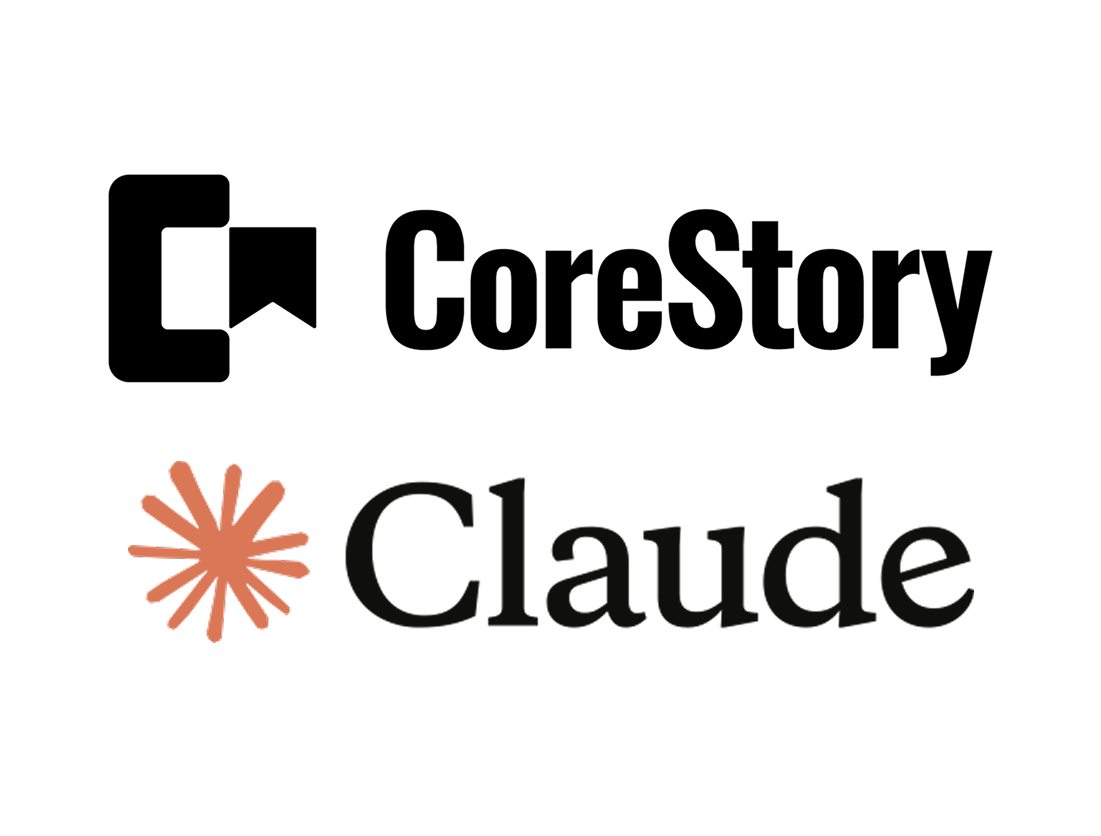Let CoreStory + Claude Code Resolve Tickets For You
Implement tickets end-to-end in a disciplined, test-first flow—without leaving your IDE. This playbook pairs CoreStory’s code intelligence with Claude Code (via MCP, Skill Files, and Command Files) so Claude understands architecture, plans changes at the right extension points, writes failing tests, implements the feature, and validates it against real system intent.
Related: We also provide a separate Claude Agentic Bug Resolution playbook focused on defect triage and repair; this page is for feature/ticket implementation.
What you’ll get
- A six-phase, agentic Ticket Resolution Workflow wired into Claude Code (Intake → Oracle → Navigator → TDD Implementation → Feature Completion → Capture).
- Ready-to-use Claude Skill and Command files so the workflow activates consistently across repos.
- Prompts, checkpoints, and quality gates that enforce invariants, pattern alignment, and test coverage on every change.
Why this matters
CoreStory acts as your oracle (architecture, patterns, invariants) and navigator (exact files, extension points). Claude applies those truths to generate plans and code that fit your system, reducing architectural drift, rework, and integration bugs while increasing agent autonomy and first-time-right outcomes.
How it works
- Ticket intake & context – Pull the ticket; open a CoreStory conversation for the project.
- Oracle phase – Query CoreStory for architecture, conventions, existing patterns, and test norms.
- Navigator phase – Identify precise files/classes/methods and similar implementations to copy.
- TDD implementation – Write failing acceptance tests first, then implement minimal code to pass.
- Feature completion – Add edge cases; run full suite; validate performance/security as needed.
- Completion & capture – Commit with rich context, update the ticket, and preserve the investigation.
Fast start (5 minutes)
- Install and enable CoreStory MCP in Claude Code; add the provided Skill and Command files to your repo.
- Use /resolve-ticket "<TITLE or ID>" or invoke the skill directly; Claude will step through phases, pausing for review after each.
- Typical loop: plan → write tests (RED) → implement (GREEN) → expand edge cases → commit → update ticket.
Who it’s for
- Teams aiming for spec-driven feature delivery with guardrails.
- Tech leads/ICs who want repeatable TDD across services.
- Platform/QA leaders standardizing quality gates and traceability from ticket to commit.
What’s inside the playbook
- Prerequisites & Setup for CoreStory MCP in Claude Code.
- Skill & Command files (ready-to-use markdown) to automate the workflow.
- Prompting patterns library for discovery, planning, implementation, and validation.
- Advanced patterns: security-sensitive work, multi-service changes, migrations, performance, flags/rollouts.
- Metrics & success indicators to track TTI, autonomy, accuracy, and regression rate.
- Complete example session from ticket intake to merge-ready PR.
Results to expect
- 50–70% faster time to implementation
- 85–95% pattern alignment
- <5% regression rate when features are grounded in CoreStory and driven by a test-first Claude flow.
Expect higher agent autonomy with clearer traceability from ticket to tests to commits.

.svg)
